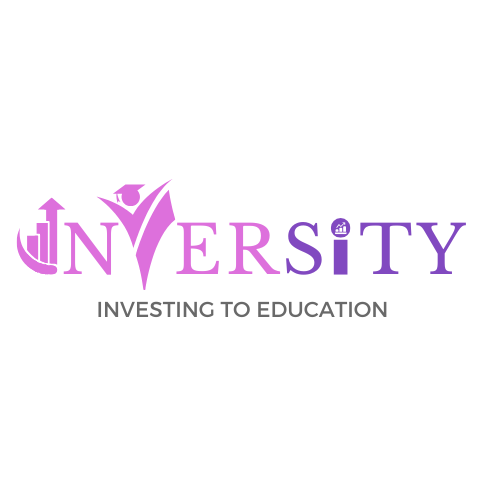Our team of seasoned professionals shares valuable knowledge, tips, and best practices
Education is more than just a pathway to employment—it’s a cornerstone of personal and societal development. It provides the tools to navigate life’s challenges, inspires innovation, and fosters a sense of purpose. In this blog, we’ll explore how education transforms individuals and communities, and why it remains a critical investment for a brighter future.
Education: A Catalyst for Personal Growth
Education does not merely involve memorizing facts; it is about learning how to think critically, solve problems, and make informed decisions. From early childhood education to advanced degrees, every stage builds essential skills:
- Cognitive Skills: Critical thinking, reasoning, and problem-solving.
- Emotional Intelligence: Understanding and managing emotions, fostering empathy, and building relationships.
- Lifelong Learning: Cultivating curiosity and adaptability in an ever-changing world.
By embracing education, individuals gain confidence, self-awareness, and the ability to contribute meaningfully to society.
The Role of Education in Shaping Society
An educated population is the backbone of a thriving society. Here’s how education drives societal progress:
- Economic Growth: A skilled workforce attracts investment and drives innovation.
- Health and Well-being: Educated individuals are more likely to make healthier life choices, reducing public health burdens.
- Equality and Inclusion: Access to education empowers marginalized groups, fostering diversity and inclusion.
- Civic Engagement: Education encourages informed participation in democratic processes.
Modern Challenges in Education
Despite its undeniable value, education faces several challenges today:
- Access Inequality: Millions of children worldwide lack access to quality education due to poverty, conflict, or discrimination.
- Digital Divide: While technology enhances learning, unequal access to digital tools creates disparities.
- Curriculum Relevance: Adapting education to meet the demands of the modern workforce remains a persistent challenge.
The Future of Education
The landscape of education is evolving rapidly with technological advancements. Key trends include:
- Personalized Learning: Leveraging AI to tailor education to individual needs.
- Gamification: Making learning engaging and interactive through game-based methods.
- Global Classrooms: Virtual platforms enabling cross-cultural collaboration.
Education’s future lies in balancing technology with the human touch, ensuring inclusivity, and preparing learners for a dynamic world.
Conclusion
Education is a universal right and a shared responsibility. By investing in accessible and inclusive education systems, we unlock potential, create opportunities, and drive progress for all. The power of education lies in its ability to transform lives—let’s ensure it remains a priority in every corner of the globe.





